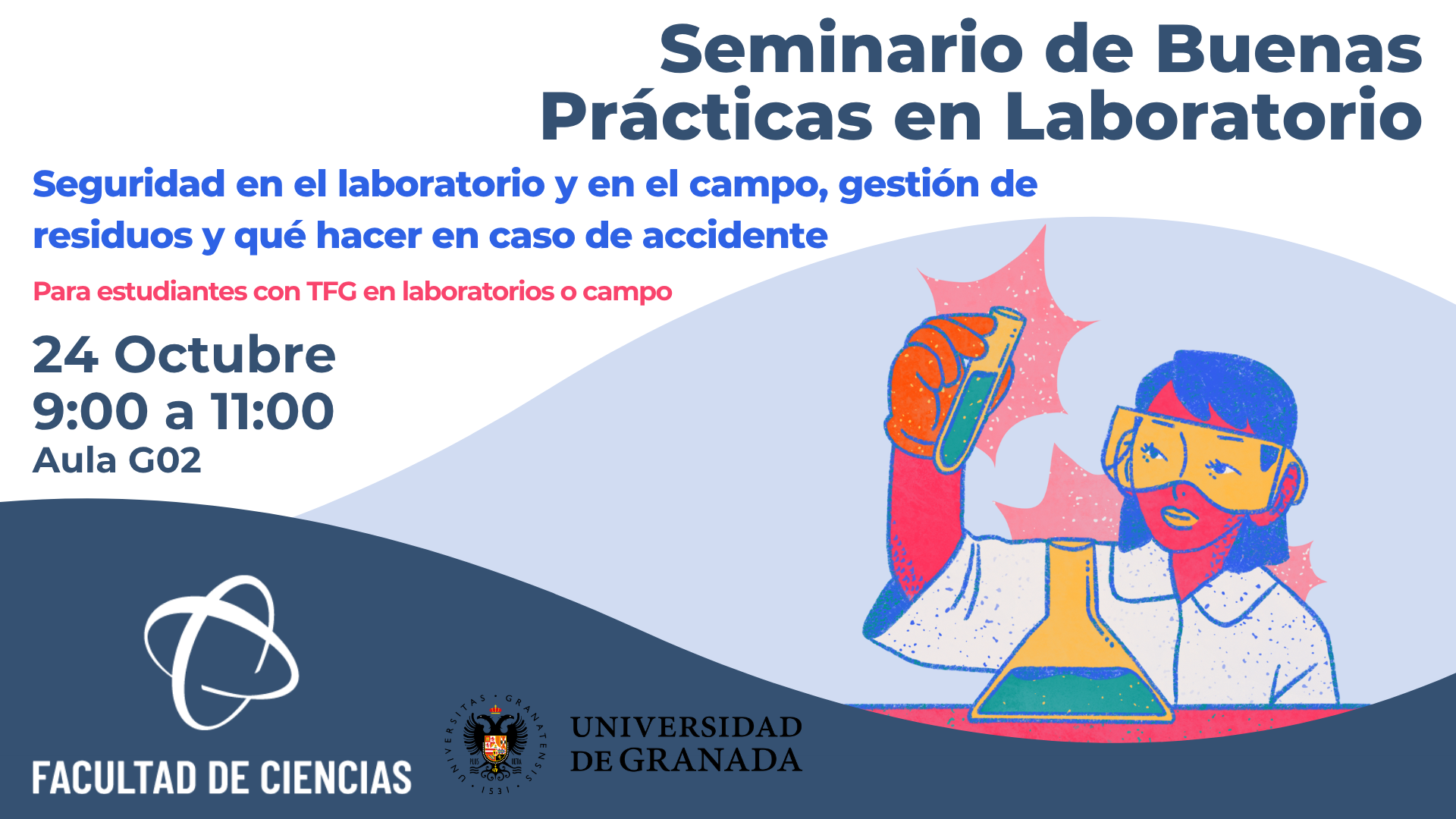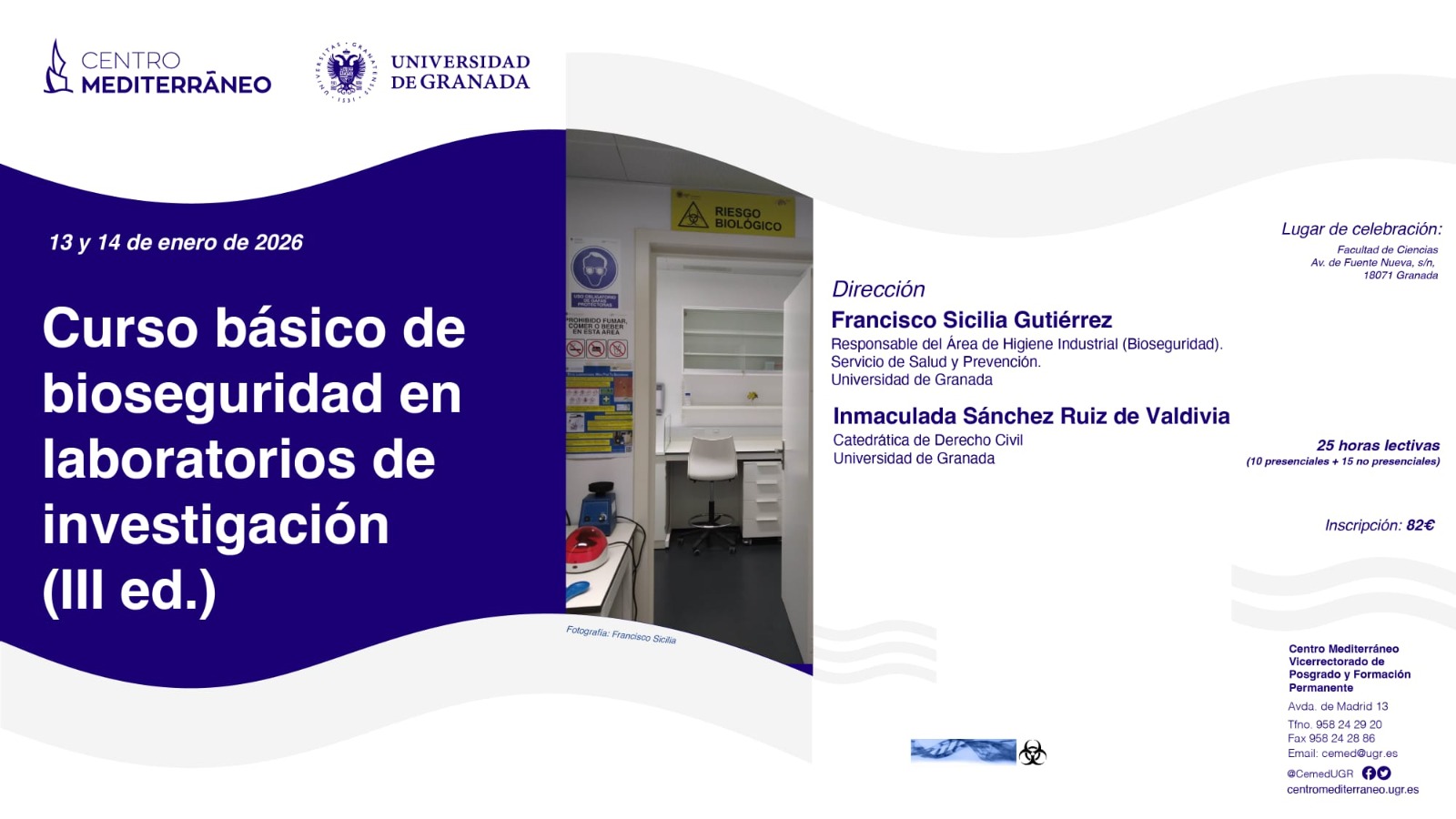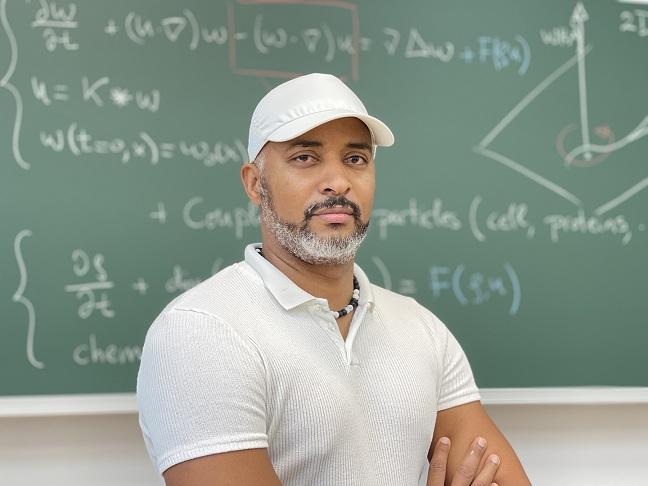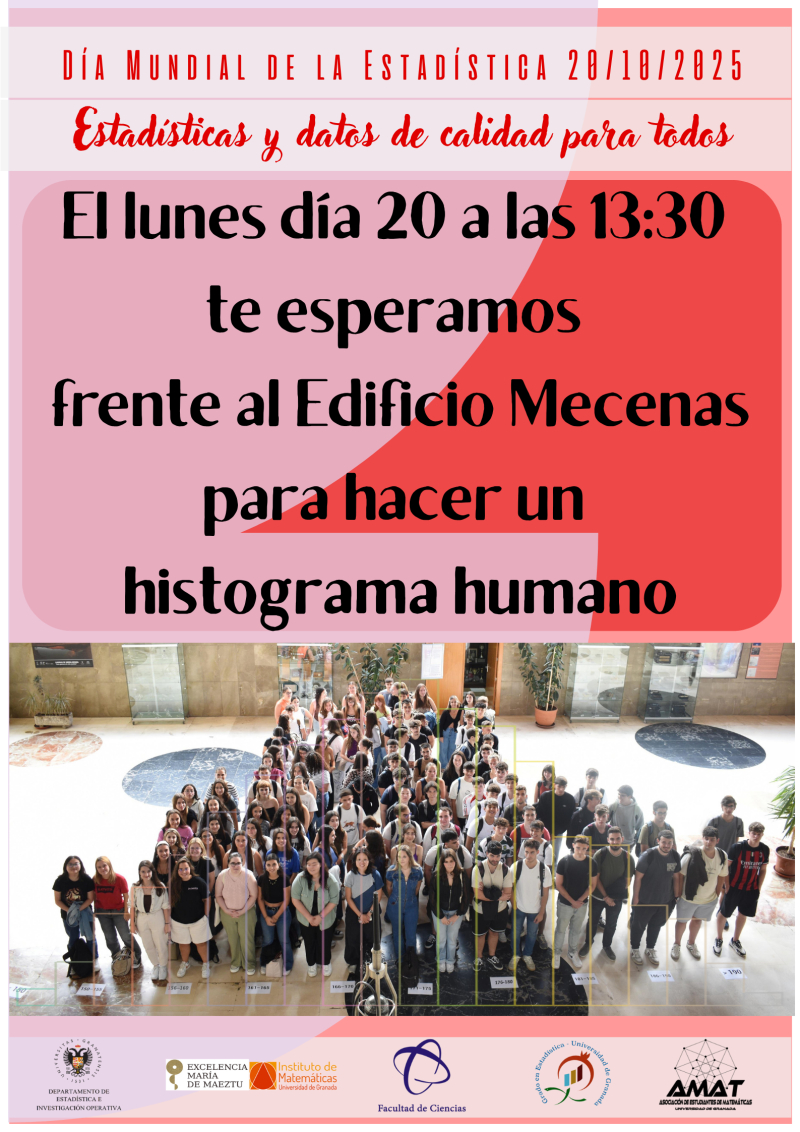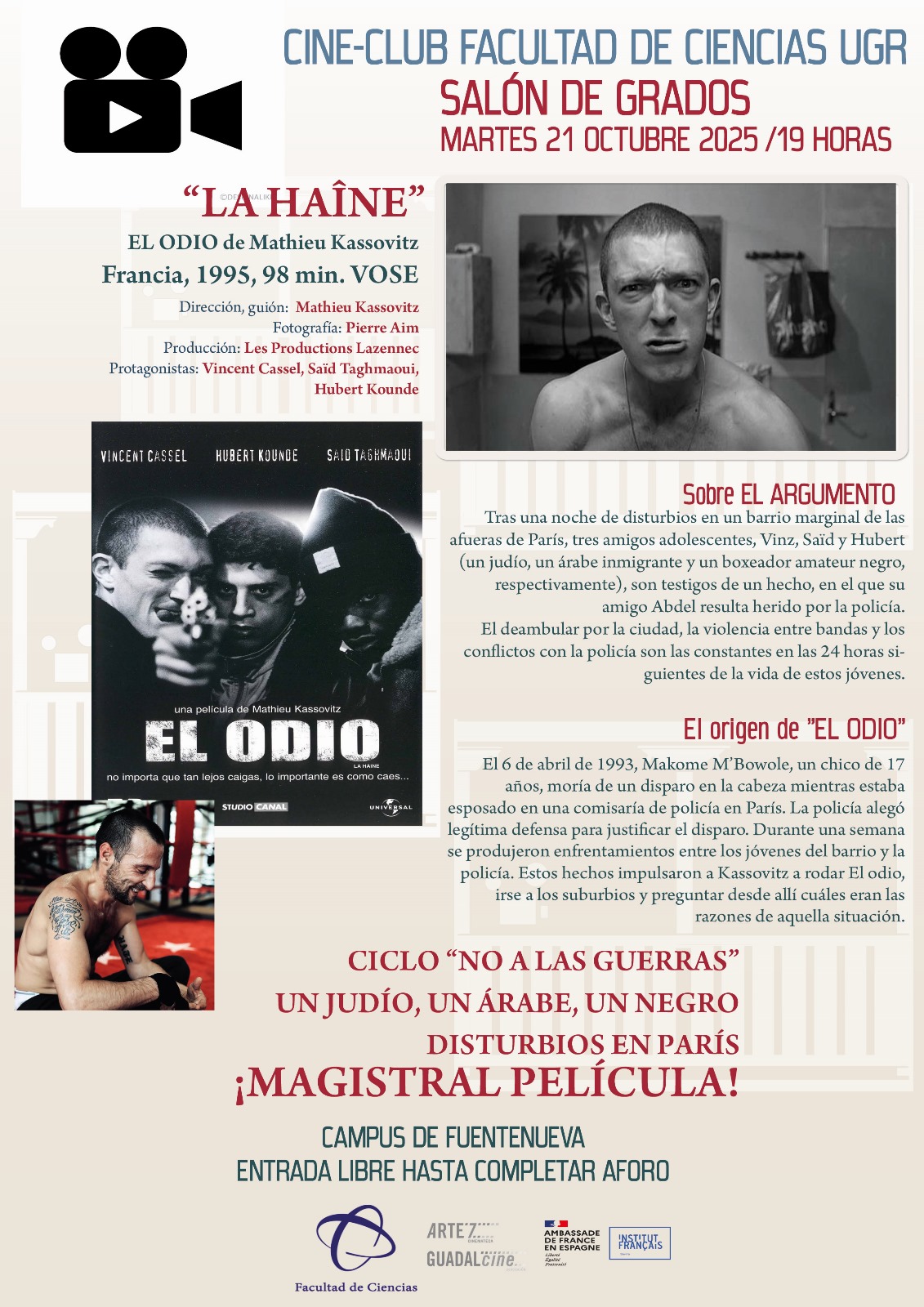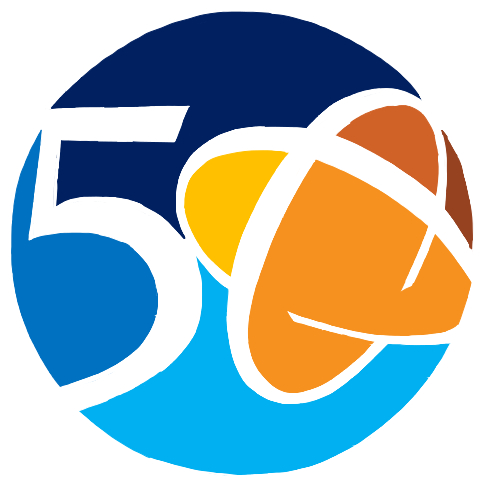Noticias
Fechas y horario:
Martes, 13 de enero de 2026: 16:00h a 21:00h.
Miércoles, 14 de enero de 2026: 16:00h a 21:00h.
Lugar:
Facultad de Ciencias, Universidad de Granada.
Duración y formato:
25 horas lectivas (10 presenciales + 15 no presenciales)
Precio: 82 €
Objetivo:
El curso ofrece una introducción a los riesgos por exposición a agentes biológicos (virus, bacterias, hongos y parásitos), incluyendo organismos modificados genéticamente (OMGs) y cultivos celulares, así como las medidas preventivas, los niveles de contención biológica (NCB1 a NCB4), y el marco normativo nacional e internacional en materia de bioseguridad.
Organiza: Centro Mediterráneo (CEMED) de la Universidad de Granada, en colaboración con la Facultad de Ciencias.
El agua, cuando es confinada en espacios de apenas uno o dos nanómetros (un millón de veces más pequeño que un milímetro), adquiere simultáneamente dos propiedades extraordinarias y aparentemente contradictorias: se vuelve extremadamente conductora de la electricidad, a niveles de líquidos 'superiónicos' y, al mismo tiempo, desarrolla una capacidad gigantesca para almacenar energía eléctrica, comparable a la de los materiales 'ferroeléctricos'. Este sorprendente hallazgo, que desafía los principios de la física y la química conocidos hasta ahora y que abre la puerta a "revolucionarias aplicaciones tecnológicas", es el resultado de una investigación internacional publicada en la revista Nature en la que participa, con un papel determinante, la Universidad de Granada.
Según explica la UGR en una nota de prensa, este descubrimiento supone un sorprendente giro respecto a una investigación previa del mismo equipo publicada en 2018 por Science. En aquel entonces, los investigadores observaron que el agua confinada se volvía "eléctricamente muerta". La clave para conectar estos hallazgos opuestos reside en la anisotropía: las propiedades del agua confinada son radicalmente distintas según la dirección en la que se midan. El estudio de 2018 midió las propiedades en perpendicular a las capas que la confinaban (donde el agua parecía inerte), mientras que el nuevo trabajo las ha medido en paralelo, revelando así su verdadero y asombroso potencial.
De la paradoja a la revolución tecnológica
La combinación en un mismo material —el agua— de una conductividad iónica extraordinariamente alta y una capacidad de almacenamiento de energía sin precedentes abre un horizonte de aplicaciones con un enorme potencial de impacto en múltiples campos, según la UGR. "Este comportamiento dual reúne las condiciones perfectas para una nueva generación de tecnologías", afirma la institución académica.
Las posibles aplicaciones, dice la UGR, se articulan en tres grandes áreas: el desarrollo de baterías y supercondensadores más pequeños, eficientes y de carga ultrarrápida; la creación de membranas para la desalinización y purificación del agua con un consumo energético drásticamente reducido; y el avance en biomedicina, tanto para la comprensión de procesos celulares como para el diseño de biosensores ultrasensibles y nuevas estrategias terapéuticas.
Un modelo matemático para medir lo invisible
Conseguir medir estas propiedades a una escala tan diminuta ha sido una auténtica proeza técnica por parte del equipo internacional responsable del estudio. Sin embargo, los datos experimentales obtenidos inicialmente por los investigadores no eran más que un conjunto de señales complejas e aparentemente ininteligibles.
La contribución decisiva de la Universidad de Granada, a través del investigador del Departamento de Matemática Aplicada de la Facultad de Ciencias y miembro del grupo de investigación Ecuaciones de Evolución en Derivadas Parciales y de la Unidad de Investigación 'Modeling Nature' (MNat) René Fábregas, ha consistido en el desarrollo de un sofisticado modelo matemático que ha actuado como la partitura capaz de dar coherencia y sentido a esa enorme cantidad de datos experimentales, permitiendo que las propiedades físicas del sistema emergieran de forma clara y visible. Sin este modelo, el descubrimiento no habría sido posible, lo que pone de relieve el papel esencial que desempeña la modelización matemática avanzada en la ciencia moderna.
La magnitud de esta investigación queda avalada por el prestigio de sus participantes. El equipo internacional está encabezado por la Universidad de Manchester, que lidera el proyecto bajo la dirección de la profesora Laura Fumagalli y cuenta además con la participación del profesor Andre Geim, galardonado con el Premio Nobel de Física en 2010 por el descubrimiento del grafeno.
La continuidad de esta línea de trabajo —que en el estudio de 2018 contó también con la colaboración del profesor Konstantin Novoselov, que compartió el Nobel con Geim—, pone de relieve la importancia de una investigación que está transformando las reglas de la ciencia de materiales, demostrando que, a menudo, las soluciones a los mayores desafíos se encuentran en las escalas más pequeñas.
La contribución del docto René Fábregas a esta investigación ha sido posible gracias al apoyo de un conjunto de programas de financiación que incluyen una beca Marie Skłodowska-Curie de la Comisión Europea, un contrato ‘María Zambrano’ Senior (Ministerio de Universidades/NextGenerationEU), así como proyectos de la Agencia Estatal de Investigación (p. ej., DISCOBE) y de la Junta de Andalucía (p. ej., TeMuPro). Este trabajo se enmarca además en un proyecto global que ha recibido también financiación del European Research Council (ERC), el Graphene Flagship y la Royal Society, entre otras instituciones.
El día 20 de octubre de 2025 se celebra el Día Mundial de la Estadística, conmemoración propuesta por la ONU y que ocurre cada 5 años. Este año el lema es "Estadísticas y Datos de Calidad para Todos". Las Comisiones Docentes del Grado en Estadística y del Grado en Matemáticas, el Departamento de Estadística e I.O., la Facultad de Ciencias, el Instituto de Matemáticas IMAG, junto con la asociación de Estudiantes de Matemáticas y Estadística AMAT, han organizado una jornada de actividades para celebrar este día poniendo en valor la necesidad de la cultura estadística en la sociedad y la información a través de los datos como fuente de conocimiento y avance de la sociedad.
Desde el día 20 se podrá ver una exposición titulada "Historia de la Estadística a Través de sus Figuras" en el pasaje externo que comunica el edificio de Matemáticas con el edificio principal de la Facultad de Ciencias.
Además se realizarán las siguientes actividades ese día:
9:30h: Inauguración de la Exposición "Historia de la Estadística a Través de sus Figuras"
Lugar: Patio de la Facultad de Ciencias.
10:00h: Talleres de Estadística y Probabilidad dirigidos a estudiantes de Primaria
Lugar: Parte alta del Hall de la Facultad de Ciencias.
13:00h: Inauguración del puzle "Histograma humano de los estudiantes de Estadística"
Lugar: Biblioteca de la Facultad de Ciencias.
El puzle estará disponible para que lo hagan los estudiantes durante toda la semana.
13:30h: Fotografía de Histograma humano de miembros de la UGR
Lugar: puerta del Edificio Mecenas, Calle Adolfo Rancaño. Todo el que quiera participar en este histograma humano deberá estar para la realización de la foto.
16:30h: Colocación del puzle "Pi"
Lugar: edificio M de la Facultad de Ciencias, junto al Salón de Grados.
17:00h: Conferencia "Datos confiables: los cimientos de la estadística"
Ramón Ferri, profesor del Departamento de Estadística e I.O.
Lugar: Salón de Grados de la Facultad de Ciencias.
18:30h: Mesa redonda: La Estadística: del dato al resultado
Participantes:
- Arantxa Urrea - Investigadora en DASCI, Especialista de estadística.
- Verónica Cortés - Delegada del INE en Jaén.
- Manuel Trujillo - Coordinador de la Unidad Estadística del IESA-CSIC, Especialista en muestreo y encuestas.
- Javier Cantón - Profesor en UNIR, UOC y UI1, Especialista en comunicación y visualización de datos.
- Modera: María del Mar Rueda, Catedrática de Universidad del Departamento de Estadística e I.O.
Fecha: .
Hora: 19:00 h.
Lugar: Salón de Grados de la Facultad de Ciencias .
Entrada libre hasta completar aforo
El Odio (La Haine)
Dirección y guion: Mathieu Kassovitz
Fotografía: Pierre Aïm
Producción: Les Productions Lazennec
Protagonistas: Vincent Cassel, Saïd Taghmaoui, Hubert Koundé
País: Francia
Año: 1995
Duración: 98 minutos
Versión original subtitulada en español (VOSE)
Sobre el argumento:
Tras una noche de disturbios en un barrio marginal de las afueras de París, tres amigos adolescentes —Vinz, Saïd y Hubert (un judío, un árabe inmigrante y un boxeador amateur negro, respectivamente)— son testigos de un hecho: su amigo Abdel ha resultado herido por la policía.
El deambular por la ciudad, los enfrentamientos entre bandas y los conflictos con la policía se suceden durante las siguientes 24 horas en la vida de estos jóvenes.
El origen de El Odio:
La película se inspira en hechos reales ocurridos el 6 de abril de 1993, cuando Makome M’Bowole, un joven de 17 años, murió de un disparo en la cabeza mientras se encontraba esposado en una comisaría de policía en París. Durante esa semana se produjeron fuertes enfrentamientos en los suburbios. Estos sucesos llevaron a Kassovitz a filmar esta historia con el objetivo de explorar sus causas.
Dentro del ciclo: “No a las guerras”.
Organiza: Facultad de Ciencias – Universidad de Granada
Con la colaboración de: ArteZ, Embajada de Francia en España, e Institut Français.
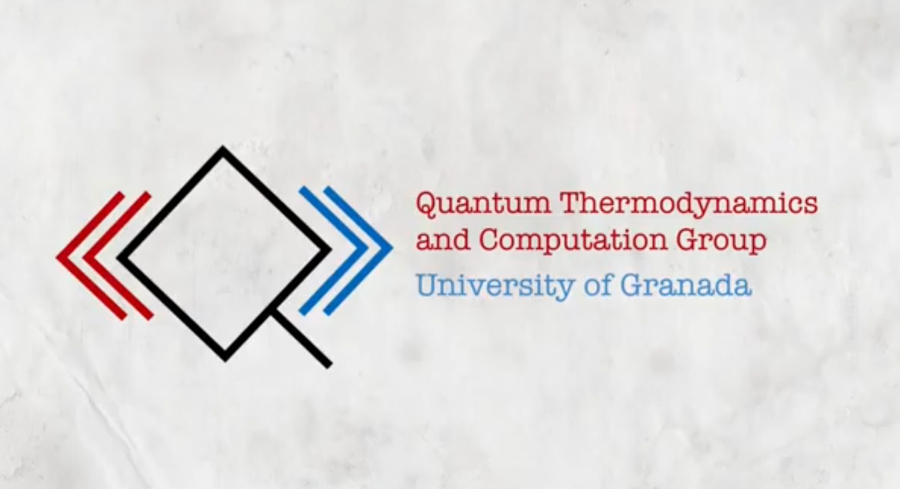
Date and Time:
Place: Laboratorio de Física Computacional, Facultad de Ciencias (Ground Floor, next to the Foucault pendulum)
Speaker: Prof. Michalis Skotiniotis (QTCG-UGR)
Abstract: This series of lectures tackles the dynamics of open quantum systems from the point of view of Quantum Channels. These are Completely Positive, Trace Preserving (CPTP) maps acting on the space of linear operators. The first lecture concerns the derivation of the Gorini, Kossakowski, Sudarshan, Lindblad (GKSL) Master Equation from an entirely mathematical point of view using functional analysis. The second lecture concerns the characterization of CPTP maps and particularly their mathematical characterization in terms of the Matrix representation, Kraus representation, Stinespring Representation and Choi-Jamiolkowski representation. The third and final lecture will tackle the question of how to obtain the Kraus representation of a CPTP map given a master equation of GKSL form and present some examples.
This seminar is organized by the Quantum Thermodynamics and Computation Group (QTCG) at the University of Granada. They warmly invite students, researchers, and the wider university community to participate in this new seminar series.
Watch later: All seminars are recorded and uploaded to the QTCG YouTube Channel.




